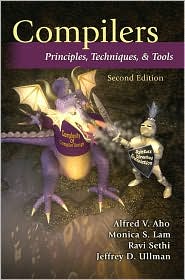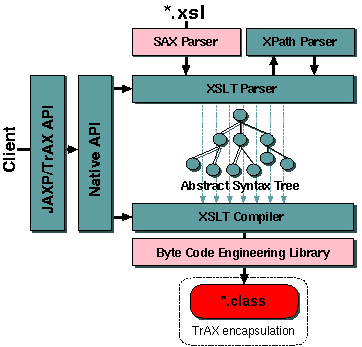Compiler Design

Course Information
Instructor: Rich Maclin
Text: Aho, Lam, Sethi, and Ullman, Compilers: Principles, Techniques, and Tools, 2nd Ed., Addison-Wesley, ISBN 0-321-48681-1
Click here to download the files:-
Useful software:
Class Materials (previous offerings)
- Introduction
- Lexical Analysis
- Parsing
- Introduction, Context Free Grammars, Languages, Derivations
- Ambiguity, Precedence, Associativity
- Top Down Parsing, Recursive Descent, Predictive Parsing, LL(1), First and Follow sets
- Bottom Up Parsing, Shift and Reduce, Conflicts
- SLR Parsing, SLR States (PDF, 6 Per Page)
- Constructing SLR States, LR(1) Parsing, LALR Parsing
- Semantic Analysis
- Interpreters
- Code Generation
Project Parts:
- Project Part 1: A String Table
- Project Part 2: Two Scanners
- Project Part 3: The Parser
- Project Part 4: Symbol Table, Type Checking and Interpreter




